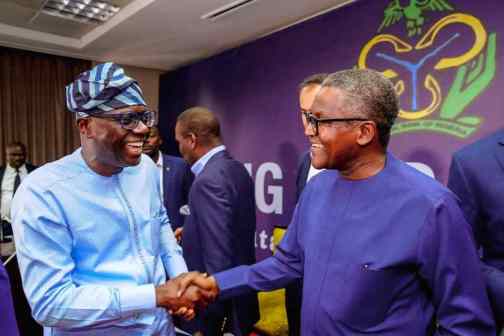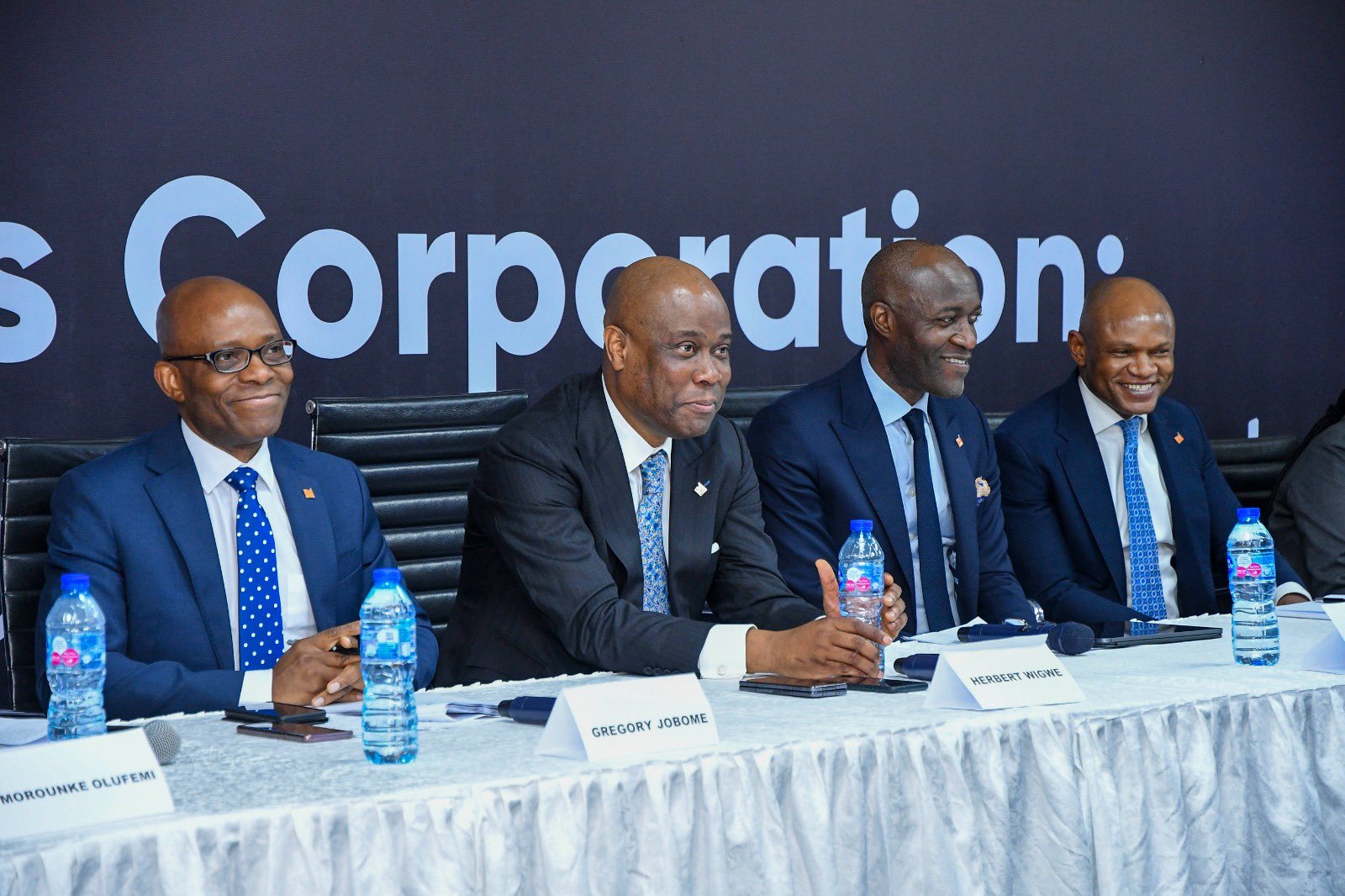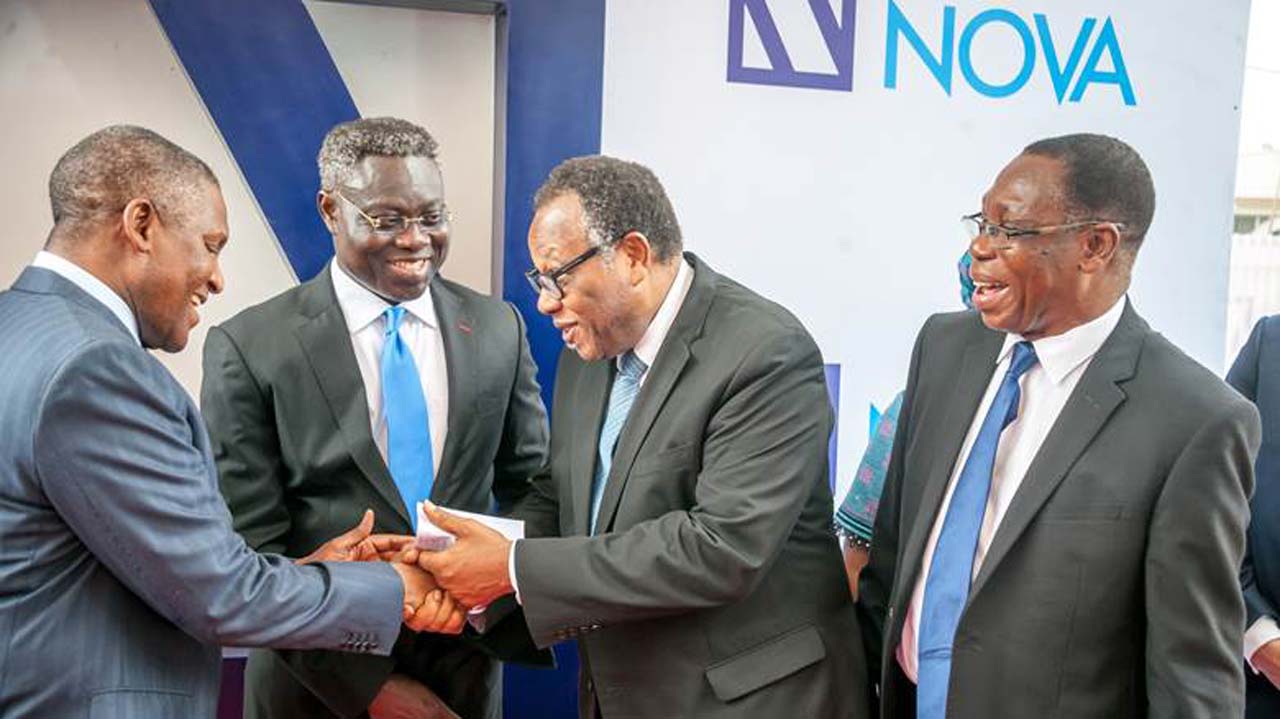Making his first outing away from Abuja since his swearing in for second term in Lagos, the Governor of Central Bank of Nigeria (CBN), Mr Godwin Emefiele, has hinted of plans in his second term to deploy what he described as unconventional policies to insulate the economy from global shocks going forward.
In his welcome address at a high calibre consultative roundtable meeting in Lagos on the theme: ‘Going for Growth,’ he said as part of the new drive, the CBN had recently been caught in a syndrome termed, ‘The Dilemma of Monetary Policy in Nigeria’.
Emefiele had in his introductory remarks, observed that “our goal in participating in this roundtable session today is to generate valuable insights from key stakeholders on the role monetary policy authorities could play in formulating and implementing policy measures that will support improved economic growth”.
He argued that “Typically, for a nation to be seen to be prosperous, any citizen of that country will expect macro-economic indices such as low interest rate regime, stable exchange rate regime and robust reserve position, low inflationary environment, as well as an environment of full employment.”
Going forward in his new dispensation, he averred that “discussions and comprehensive recommendations will form part of the roadmap in actualising collective intent of ensuring the monetary policy authorities implement measures that will help drive the growth”.
While recalling that CBN had in the last five years supported the growth of the economy which had helped in achieving the macro-economic stability, he traced the effects of his action in areas of collapsing the inflation trending down to 11.37 per cent from 18.72 per cent in January 2017; exchange rate stability at current levels with considerable convergence and reserves build up to current level of over $45 billion compared to $23 billion in October 2016.
According to him, “Although, we had hoped to achieve a lower level of interest rate, this became impossible given the normalisation of monetary policy in the United States and the over 60 per cent drop in crude oil prices between 2014 and 2016.
“You will agree with me that the consequences of these unfortunate occurrences were a heightened inflationary pressure on the economy and monetary policy had no option but to embark on a regime of tightening so as to rein inflation.
“We also deployed measures aimed at supporting improved productivity of the Nigerian economy by restricting access to foreign exchange on 43 items that could be produced in the country.
“We have also strengthened our intervention programmes which helped in restarting the flow of credit to critical sectors of the economy.
“As part of our interventions, we introduced the Anchor Borrowers’ Programme (ABP); a programme that helped to improve access to credit to Small Holder Farmers through our intervention programmes such as Commercial Agricultural Credit Scheme and the Real Sector Support Fund.
Continuing, he added that the CBN has deepened agro processors and assisted manufacturers expand their operations.
However, he was quick to note that not enough has been done in the task of building a stronger economy considering the slow pace of Gross Domestic Product (GDP) growth remaining fragile and lagging behind population growth rate of 2.7 per cent.
He decried the inability of local financial institutions in driving substantial credit regime to the private sector and pointed out that “Our domestic industries particularly high employment generating sectors like textile and garment sectors have to deal with rampant smuggling and dumping of materials through our borders”.
In his submission, he stressed that “These challenges, no doubt call for action by the monetary and fiscal policies through the implementation of policies, the spirit and letter of which must be respected by all.
He added further that “The rising volatility which we see today in the crude oil market occasioned by the rapid increase in the supply of shale oil by the United States, and which has seen its production rise from 9 million barrels per day in 2017 to over 12 million barrels per day today.
“This portends great risk to Nigeria’s growth trajectory if we do not take actions that would wean us from excessive reliance on crude earnings for survival,” Emefiele averred.
In his contribution, the new Lagos State Governor, Mr Babajide Sanwo-Olu, assured that the state would continue to support the CBN’s drive in ensuring continuous economic growth and called for policies that will place the country on a favourable competition at the world market.








